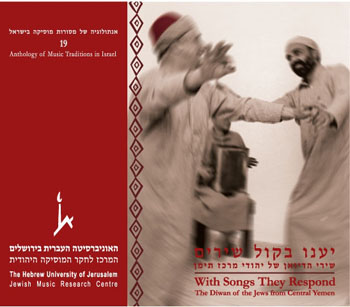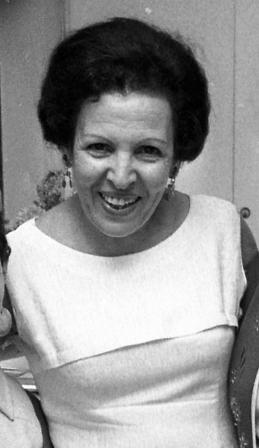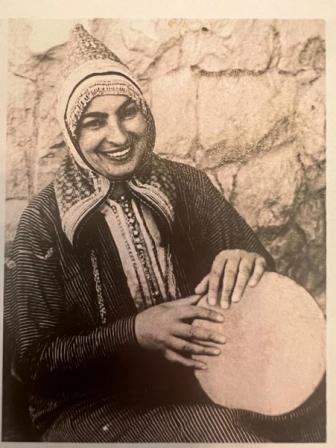1978
"Esh'al elohai - Vehalleluya" (I will ask my God - Halleluja)
Poem by Yosef ben Israel, signed Ani Yosef. The poem speaks of the vision of redemption, the return to Zion and settlement in the Land of Israel. This is an exceedingly popular poem, and it has many melodies. It is customary to sing it on the Wednesday during the seven feast days of the wedding (Kafih: 129), and on many other occasions. Here only the first two stanzas are sung and printed (complete version - Seri-Tobi: 185). The performance emphasizes the way in which the melody is adapted to fit the poetic structure. At the end of the shira there is an immediate transition to the hallel.
This recording features Menahem Arussi and the Kiryat Ono male ensemble sing in a responsorial manner: from the first verse onwards the soloist sings the opening hemistich and the ensemble sings the closing hemistich twice, in a melody with a different ending. The first stanza begins with a slow melody in flowing rhythm, but the tawshiḥ is sung to a different melody. The second stanza is sung to a different melody, quick and rhythmical, accompanied by clapping and a drumbeat. Here, too, the tawshiḥ has a different melody. When the recording was made, a pair of dancers accompanied the singers, and the mutual influence of dancers and singers is quite audible. At the end of the dance, after the short blessing Vekulkem berukhim, all go on to sing the hallel. The soloist begins, and at the second verse all the members of the ensemble join in, some of them doubling in parallel fourths or fifths. The performance concludes with a blessing on all those present: Ha-shem yeḥayyeh otkhem le-ḥayyim tovim (May the Lord grant you a good life).






